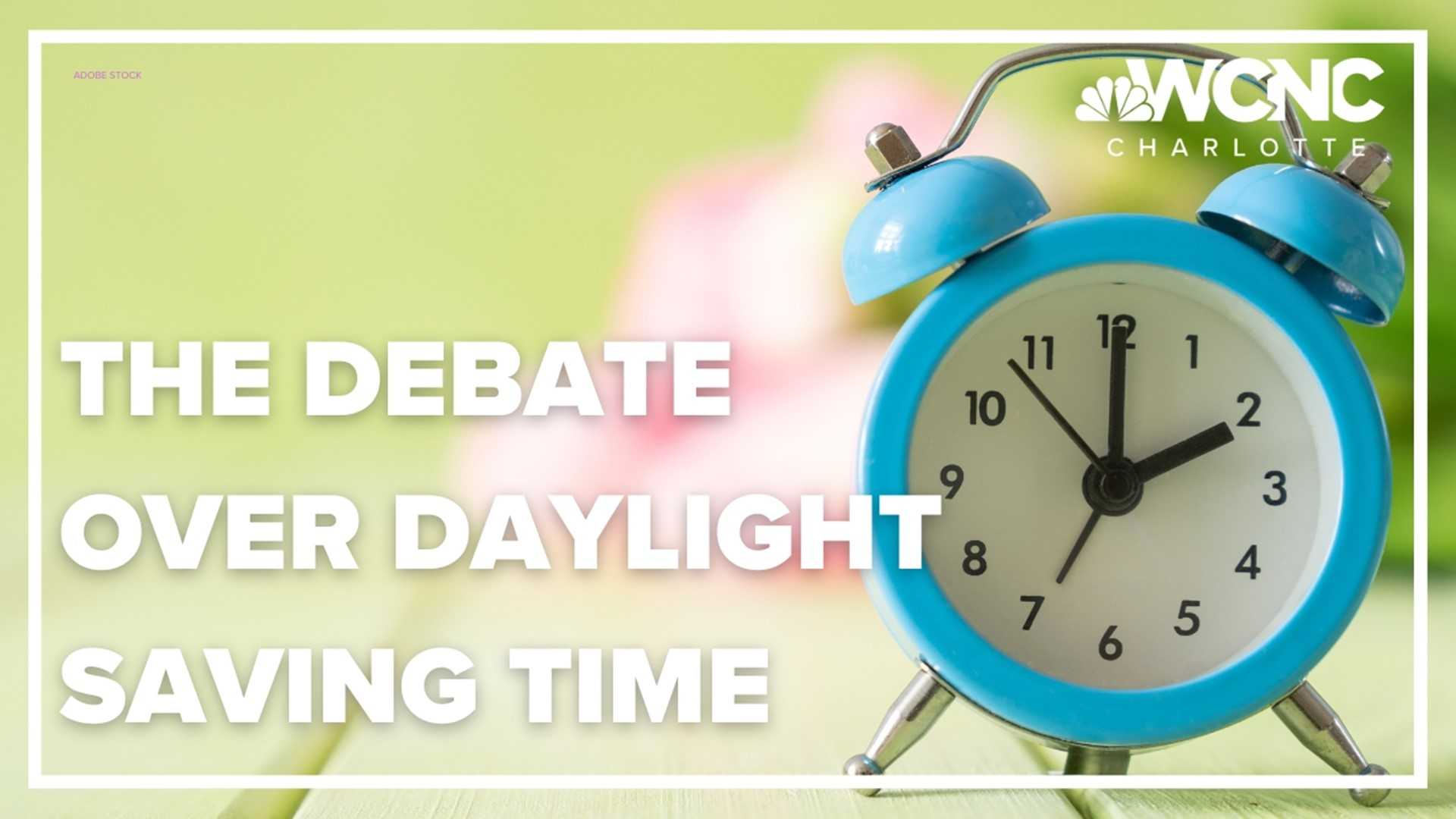News
Daylight Saving Time: The Annual Debate and Its Implications

As the days grow longer in both the morning and evening, many Australians prepare for the biannual adjustment known as Daylight Saving Time (DST). This coming Sunday marks the transition when clocks are set forward by one hour, providing extra daylight in the evening—a change welcomed by some and debated by others.
The shift, scheduled for 2 am on October 6th, will see clocks in New South Wales, Victoria, the Australian Capital Territory, South Australia, and Tasmania move forward to 3 am. This change will result in losing an hour of sleep but gaining more evening sunlight.
Professor Tim Bedding, from the School of Physics at the University of Sydney, elaborates on the reasoning behind DST. “The tilt of the Earth’s axis causes the length of daylight to change throughout the year,” Bedding explains. “Days are naturally longer in summer compared to winter.” Geography plays a crucial role in the adoption of DST, with regions closer to the equator, such as Queensland, opting out due to lesser variances in daylight.
Despite its benefits, the practice faces divided opinions among Australians. While states like Queensland, Western Australia, and the Northern Territory choose not to participate, arguing against a one-size-fits-all approach due to the country’s geographic diversity, supporters believe additional evening daylight offers tangible benefits.
Health implications remain a concern for some. Dr. Nick Fuller of the Charles Perkins Centre warns of potential disruptions to the biological clock, which may result in weight management issues. “Eating closer to bedtime, as a consequence of the daylight shift, can exacerbate digestive problems, negatively impacting sleep,” Fuller notes.
However, Professor Leon Lack and his associate Reece Kemp from Flinders University have found no significant evidence supporting claims that DST leads to sleep or daytime functioning issues. “Any negative effects typically subside within one to three months,” Kemp reassures.
For those with conditions such as insomnia or acid reflux, the transition might pose temporary challenges. Nonetheless, experts suggest maintaining a consistent routine to mitigate any adverse effects.
As the country debates the merits of daylight alterations, the predictable clock adjustment continues to surprise, despite its routine nature. “Just like weather discussions, every year Australians engage in debates around the pros and cons of DST,” observes Bedding. The extra daylight, though a point of contention, is expected to prompt further discussions as another summer season approaches.












